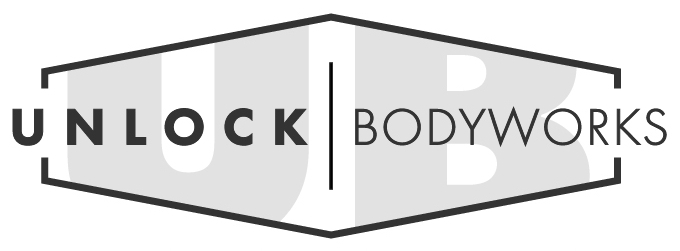It’s Who You’re Hanging Out With
Decision Fatigue
and
The Most Important Choice We Can Make
By: Patrick S. Cross, LMT, CPN, CET
“We always have a choice.” Eleanor said. “Whether we pick up that donut or leave it, whether we get enough exercise, make it to bed on time, or go after our dreams. It’s always a choice. You just have to be willing to make that choice.”
Eleanor is a health coach and a long time acquaintance, and as we discussed strategies to help people accomplish their goals I found myself disagreeing with that core concept.
“I’m afraid it’s not always a choice.” I said. “For one simple reason. Decision making requires energy, and we don’t have unlimited energy.”
I’d been diving into research regarding our decision making abilities and limitations, and what I found was shifting my view of the common self-discipline paradigm. To illustrate the overarching idea there are three main concepts to consider:
1. Our brain requires a significant amount of energy to function.
2. In order to conserve energy most of our actions are driven by the unconscious mind in reflexive patterns (things we do, but don’t think consciously about doing).
3. Every choice we consciously make costs energy, and we only have so much energy to use before we revert back to reflexive actions (which I’ll call autopilot).
As I thought more about these simple but important rules of physiology I started to notice the flow of decision making in my own daily routines.
For example, in the mornings I have zero trouble saying no to things like the donuts, which are a staple breakfast choice at the hospital I work in. It’s easy because I’m fresh and have all the energy I need to make that decision, even when I really want one of those donuts. I am able to look right at them and think to myself, “Is it really worth it? Is a moment of tasty treats really getting me any closer to my higher level goals?” And I can just keep on walking past that donut table no problem.
After a long day however, when I’ve had to make a lot of decisions and complete a large number of tasks, it’s not uncommon for me to find myself eating the cookies or left over donuts without any thought at all about how they aren’t helping me achieve any of my goals, or whether I actually even wanted them in the first place. I would think about that after the fact, or the next morning, but when I eat those late afternoon cookies it’s not a conscious decision in that moment, it’s completely on autopilot.
More examples started coming into focus as I paid closer attention. The eating of cookies I didn’t actually want was on one end of the spectrum, but there was another, brighter side as well. I’d find that after a particularly taxing day if I happened to be hanging out with a friend who wanted me to go running, climbing, or cook healthy meals with them I’d end up doing it, even though I might not have made that choice on my own in that moment.
The assertion that we always have a choice is not completely wrong, cultivating self discipline (especially under difficult conditions) is extremely important, but it’s not the whole picture either. When we understand that we only have so many choices available to make in a day, we can stop beating ourselves up for doing those things we said we weren’t going to do, or not doing the things we meant to do, when our brains have switched over into autopilot mode. At some point all of us will likely hit autopilot and just go with the flow of our reflexes or our environment, for better or worse.
In regards to achieving our goals when on autopilot, the people we plan to be around, and the time we plan to be around them, will make a big difference. No matter what the goals are, there is someone else who shares those goals and will bolster them just by proximity. There’s also going to be someone who will likely create a much harder decision making environment.
This certainly doesn’t mean that we should take an inventory and then say goodbye to the people who don’t help us make the right choices for our goals. It will just be more productive to spend time with people who don’t help us make the best decisions when we know we’ll have enough energy to make better decisions for ourselves.
It also means that there is great benefit in scheduling time to be around people who will help us make better decisions, specifically when it will be hardest for us to make those choices on our own. Joining the right groups or clubs, reaching out to friends or family members who fit that category, hiring a trainer, or getting into classes with people in the community who will encourage us and hold us accountable may just be the most important decision we can make.





